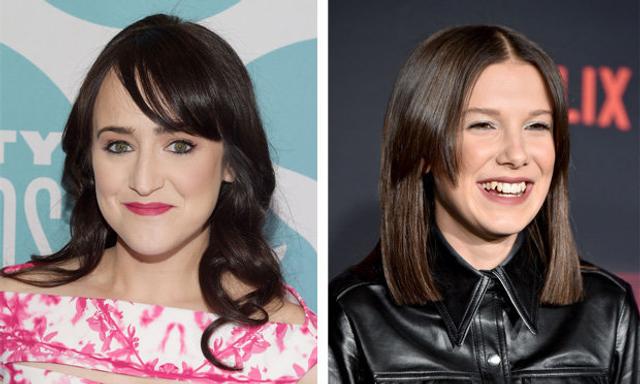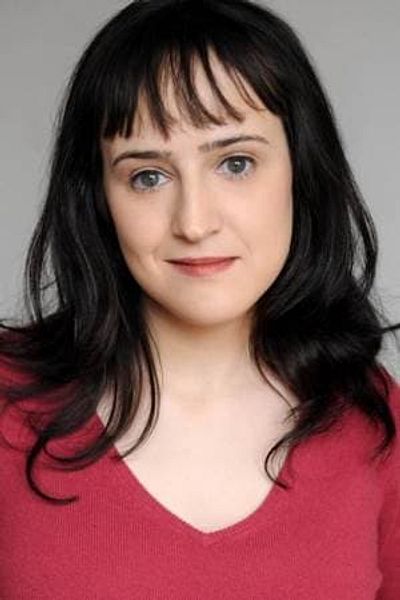Mara Wilson, the actress best-known for Matilda (but also starred in Mrs. Doubtfire, Miracle on 34th Street and A Simple Wish during the 90s), definitely knows all about the pressures of acting and celebrity when they hit you from a young age.
Earlier this week, Wilson wrote a bittersweet essay for Elle magazine writing about these experiences while also speaking out in defence of Stranger Things star Mille Bobby Brown. The young stars of the hit Netflix series have come under scrutiny a lot in the media recently, including in an incident which saw actor Finn Wolfhard get criticised for avoiding fans, while others stood up for him.
Wilson opened the essay by talking about how a man wrote to her when she was only fifteen, saying he “love[d her] legs” and asking for a lip print. She writes: “As soon as I’d hit puberty, it had become okay for strangers to discuss my body.
“Every time I stumbled across an article about myself, every fear I had about my pubescent body was confirmed: I was “ugly,” which as a woman, made me useless, or I was “cute,” which made me an object. I was “grown up,” which made me vulnerable. Because I was a child actor, my body was public domain.”
She wrote about being a fan of Stranger Things but grew concerned when she saw a similar pattern to her own life emerge when a photo of Bobby Brown from the premiere of the show appeared on Twitter, under which a man commented she "just grew up in front of our eyes."
Wilson wrote: “I felt sick, and then I felt furious. A 13-year-old girl is not all grown up… I thought of the media outlets that posted countdown clocks until Emma Watson or Mary-Kate and Ashley Olsen were “legal”—that is to say, “safe” fantasy material."
She explains that “what’s really at play here [is] the creepy, inappropriate public inclination to sexualize young girls in the media" and goes on to argue that social media plays a role in not only perpetuating this but also in stopping it. Wilson writes that as a result, there is a responsibility on everyone to publicly speak out against such behaviour.
She concluded: “I’m not saying we need to tiptoe around celebrities’ feelings. But we should be careful and thoughtful. I’m thirty years old now, much less of a celebrity than I once was, and if a stranger on the internet tells me that I’m ugly, or that they want to have sex with me (which happens multiple times a week), I can handle it. I am not a child anymore. Millie Bobby Brown is. Commenting on a child’s body, whether in a “positive” or “negative” way, in a sexualizing or pitying way, is still commenting on a child’s body.”














































































